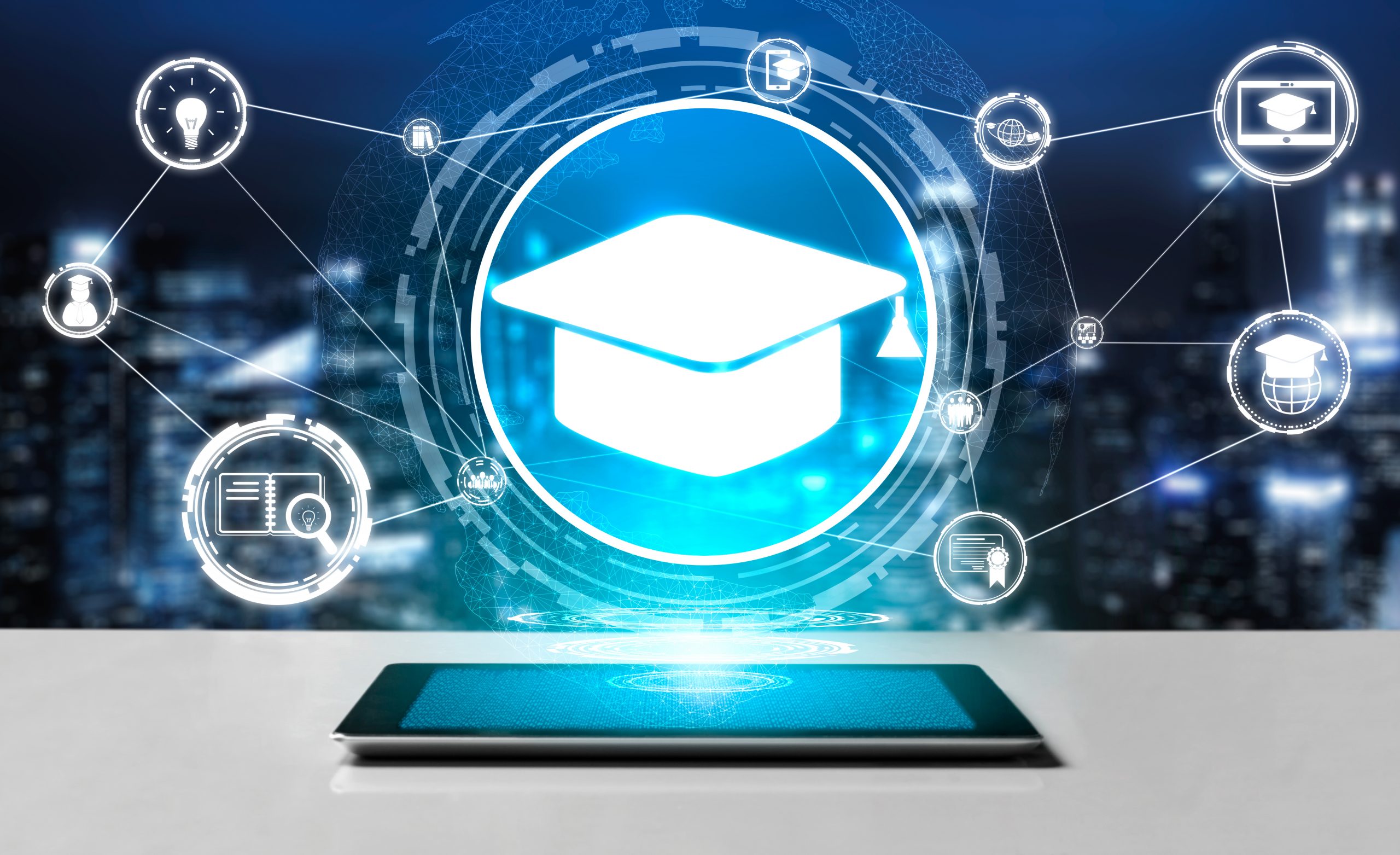Educational Tech: A Powerful Tool for Special Needs Children
In today’s digital age, technology has revolutionized the way we learn. For children with special needs, educational technology apps have emerged as powerful tools that can significantly enhance their learning experience. These apps offer personalized, engaging, and accessible learning opportunities, empowering these students to reach their full potential.

Personalized Learning
One of the most significant benefits of educational technology apps is their ability to provide personalized learning experiences. Traditional classroom settings often struggle to cater to the diverse needs of students with special needs. However, educational apps can adapt to each child’s unique learning style and pace.
- Tailored Content: Apps can deliver content that is tailored to a child’s specific needs, whether it’s focusing on a particular skill or providing extra support in a challenging area.
- Adaptive Learning: These apps can adjust the difficulty level of tasks based on a child’s performance, ensuring that they are constantly challenged and motivated.
Engaging Learning Experiences
Educational technology apps often incorporate interactive elements such as games, puzzles, and animations. These engaging features can capture the attention of children with special needs, making learning more enjoyable and effective.
- Multisensory Learning: Apps can stimulate multiple senses, such as sight, sound, and touch, to enhance learning and memory retention.
- Immediate Feedback: Instant feedback helps children understand their mistakes and reinforces correct answers, leading to faster learning and improved self-esteem.
Accessibility Features
Many educational apps are designed with accessibility features in mind. These features can help children with disabilities overcome barriers to learning and participate fully in the educational process.
- Text-to-Speech: This feature converts text into spoken words, making it easier for visually impaired students to access content.
- Voice Recognition: Voice recognition technology allows students with motor impairments to interact with apps using voice commands.
- Adjustable Text and Background Colors: These features can help students with visual processing difficulties to read more comfortably.
Real-World Impact
The positive impact of educational technology apps on children with special needs is evident. Studies have shown that these apps can improve cognitive skills, social skills, and academic performance.
For example, a child with autism spectrum disorder may benefit from using an app that helps them develop social skills through role-playing scenarios. Similarly, a child with a visual impairment can use a text-to-speech app to access reading materials independently.
As technology continues to advance, we can expect to see even more innovative and effective educational apps for children with special needs. By embracing these tools, we can create a more inclusive and equitable learning environment for all students.
FAQs
How can educational technology benefit children with special needs?
Educational technology can provide personalized learning experiences, engage students through interactive content, and offer accessibility features to support diverse learning needs.
What are some examples of educational apps for special needs students?
Examples include Proloquo2Go, ABCmouse, Khan Academy, and Voice Dream Reader.
How can parents and educators choose the right educational apps?
Consider the child’s specific needs, age, and interests. Look for apps with high ratings, positive reviews, and features that align with the child’s learning goals.




